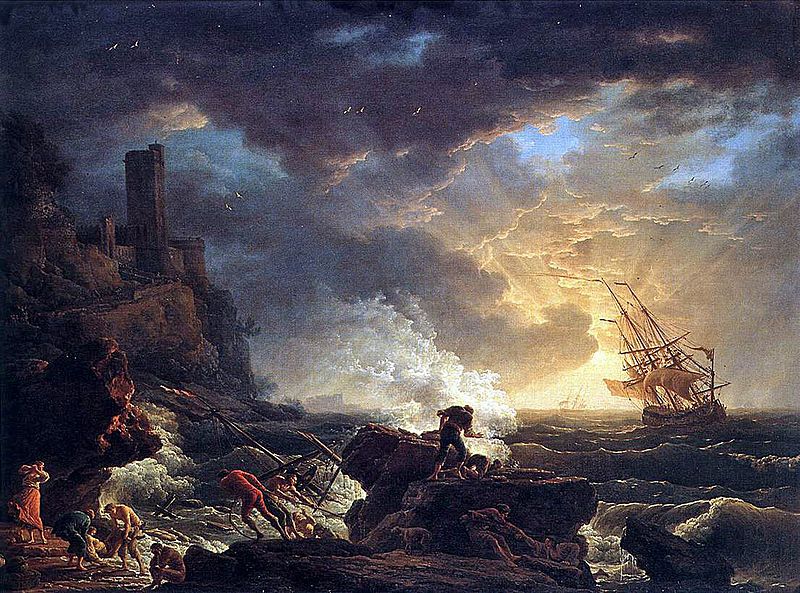Martin Luther, in 1517, was able to influence the world with his 95 Theses. These protests against the old Catholic clergy were read and considered by many due to the power of the printing press. In our day, we have the internet, which is parallel in idea and effect as the old printing press.
Elder M. Russell Ballard, a leader in The Church of Jesus Christ of Latter-Day Saints, states the following about the great internet and the incredible effect, if used properly, it can have on the world. (from Sharing the Gospel Using the Internet)
"Today we have a modern equivalent of the printing press in the Internet. The Internet allows everyone to be a publisher, to have his or her voice heard, and it is revolutionizing society. Before the Internet there were great barriers to printing. It took money, power, influence, and a great amount of time to publish. But today, because of the emergence of what some call “new media,” made possible by the Internet, many of those barriers have been removed."
There are conversations that go on about various topics, including the Church. Elder Ballard urges members to not "stand on the sidelines while others, including our critics, attempt to define what the Church teaches." So, let us "join the conversation by participating on the Internet to share the gospel and to explain in simple and clear terms the message of the Restoration."
From this simple statement by Elder Ballard, and my previous experience with the internet, I know that many things can be accomplished if we each participate and make a stand. There are millions of internet users in the world today, and a simple conversation declaring our thoughts and opinions will effect at least one person. Remember, the worth of souls is great. Who knows, maybe that person has a family who will also be influenced, and their families, and their families. It's a growing web.
From simple media, my parents were introduced into the Church, and now, all 7 of my family members are active members in the LDS faith! More to come :)
Each individual can be heard. The use of modern day media. Growing web and connections between people.
One of my favorite blogs to follow is Mormon Media. Simple but uplifting spiritual messages :)
![[john1+(2).jpg]](https://blogger.googleusercontent.com/img/b/R29vZ2xl/AVvXsEh_9tJVVIlTsJkgji81a-xDzAVFYgRfKpnDptfXxsnv2FjA3-AFKdHKtvld4xjp0LPNO78B9ocLoooIYPtotcXFmkmjdMTfa8l20qDc3LbgXmrBWp9D_nFw_MwhzYtX91BiTk-zAVgphrs/s200/john1+(2).jpg)

















